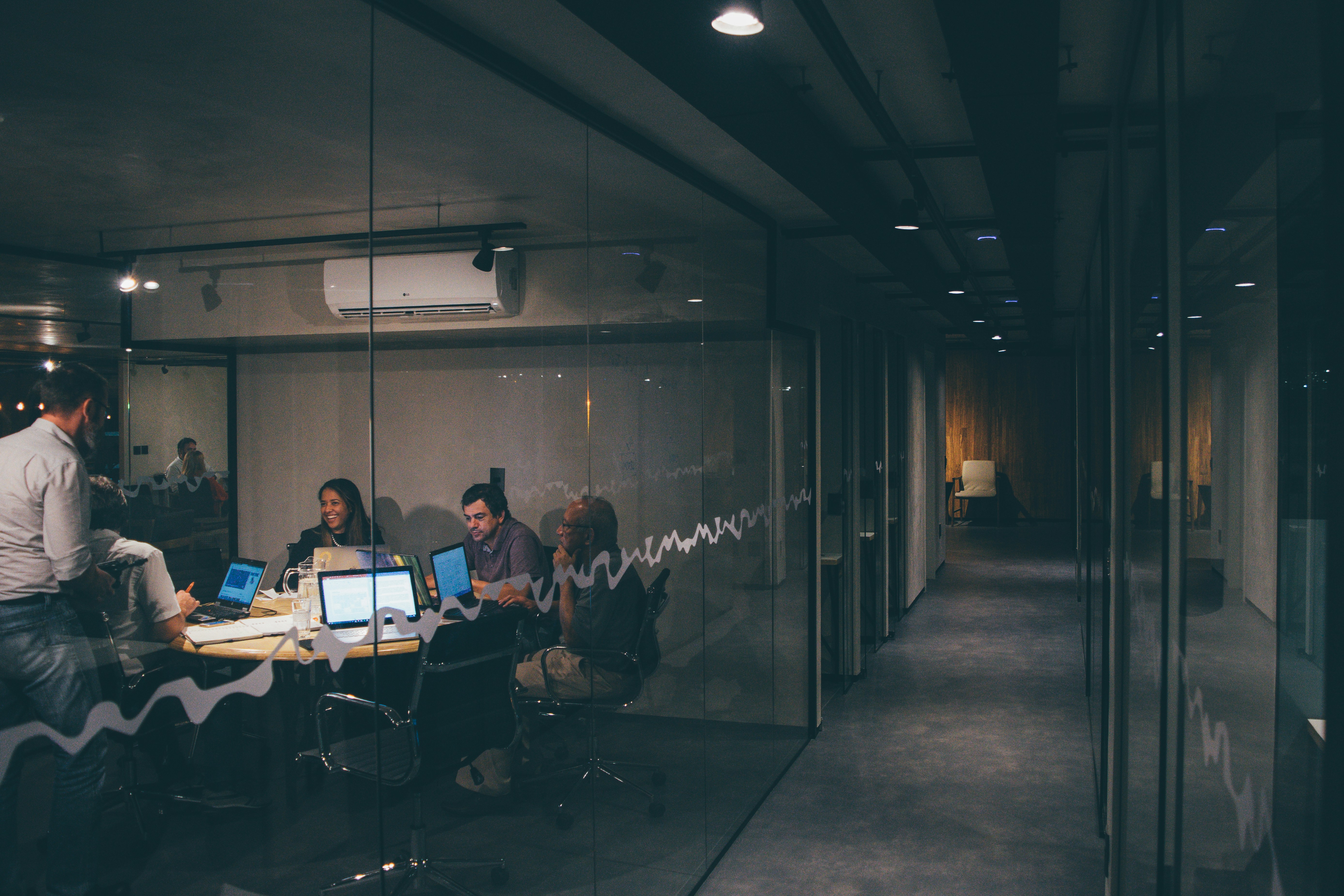For years, I puzzled over the vast disparity in successful startups across the US and India, akin to a mysterious "startupicide" effect. However, my perspective shifted recently when I realized that startups inherently face a high risk of failure, and only a few places possess the antidote to save them. Rather than being sprayed with startupicide, it's as if startups are all initially poisoned, and only certain locations are blessed with the antidote.
This antidote has two essential components. Firstly, it is crucial for a startup to be located in a hub that supports and celebrates entrepreneurship, especially during the early stages of its development. Silicon Valley, for example, cultivates a culture of normalcy around startups, making it easier for aspiring entrepreneurs to take the leap. In contrast, many other places treat startup founders as if they are jobless, promoting skepticism and discouraging risk-taking.
In the Valley, however, people pay attention to startup endeavors, creating a powerful force that motivates founders to pursue their dreams. Having a community that cares about your entrepreneurial pursuits can be transformative, even for the most determined individuals. In such an environment, trying to start a startup feels real and fashionable, inspiring many to take the plunge. While some may start startups that ultimately fail, this is considered a beneficial aspect of the entrepreneurial ecosystem, as it helps identify those truly suited for the startup journey.
The second component of the antidote lies in chance meetings with influential individuals who can offer valuable support. These serendipitous encounters play a significant role in both transitioning from contemplation to action and in the path to eventual success. In Silicon Valley, where startups are abundant, unexpected and favorable meetings occur more frequently. This can lead to pivotal opportunities and critical support that might not have been accessible elsewhere.
The Valley's unique ability to facilitate such fortuitous encounters has contributed to its reputation as a startup haven. While startups everywhere face challenges, it is the frequency of extraordinary opportunities in the Valley that sets it apart. For instance, a chance meeting with someone like Sean Parker could lead to a game-changing network of connections and valuable insights.
Ultimately, the driving force behind this antidote is the presence of a thriving community of startup enthusiasts. A high concentration of like-minded individuals fosters an atmosphere of collaboration and support, where people willingly assist each other without expecting immediate returns. This spirit of camaraderie is a distinguishing characteristic of successful startup hubs.
In essence, the magic of startup hubs lies in the power of numbers. A densely packed community of startup-minded people facilitates chance encounters, ensures a diverse pool of expertise to address unique startup needs, and sets progressive social norms that encourage ambition and innovation. It is this optimistic and ambitious atmosphere that permeates the Silicon Valley landscape, giving it a distinct and palpable energy.
So, the secret to saving startups is not to eliminate startupicide but to unleash the antidote that thrives in vibrant startup hubs. These places become catalysts for realizing entrepreneurial dreams, allowing startups to thrive amidst the inherent risks, and fostering a sense of optimism that permeates every corner of the community.
